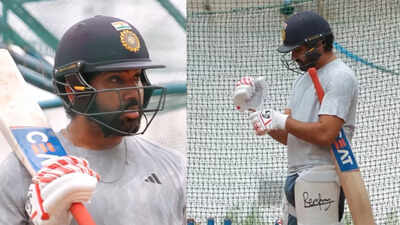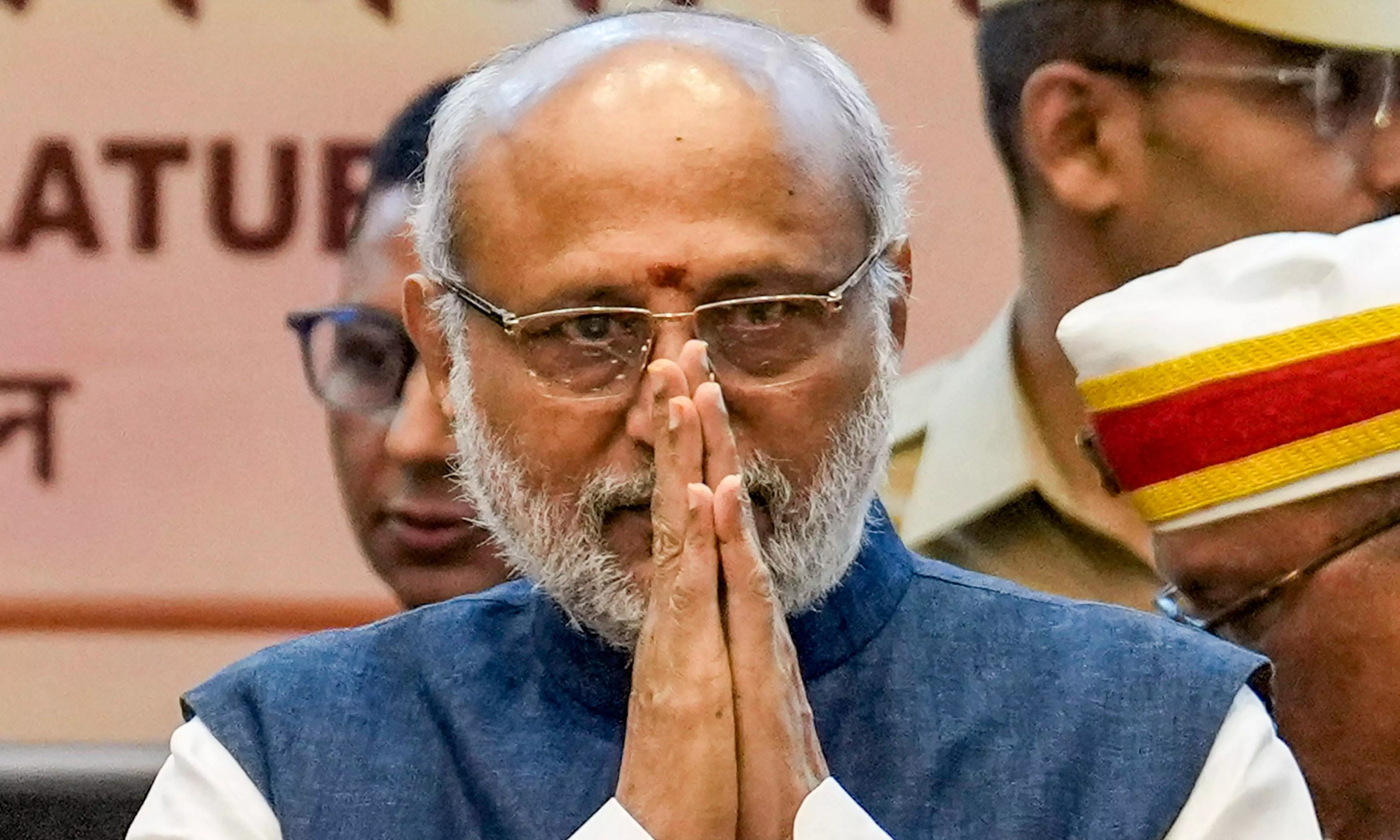
Image for representation.
| Photo Credit: The Hindu
The Union Health Ministry has issued an advisory to all Chief Ministers urging them to remain vigilant in the coming months and to intensify preventive measures as well as community awareness activities for effective control of dengue and malaria.
The order follows a review meeting on Thursday (September 11, 2025) by Health Minister J.P. Nadda on the current dengue/malaria situation in the country with a view to galvanise preventive activities.

State Health Ministers have been asked to personally review the situation and prepare action plans within 20 days, while municipal corporations, panchayats and local bodies have been asked to intensify community awareness drives.
“Hospitals, including those under the Central government, must ensure adequate drugs, diagnostics, beds and mosquito-free premises. With water stagnation from recent rains creating breeding sites, States and local bodies were asked to step up preventive measures. The Minister also instructed that a high-level review meeting be undertaken specifically for Delhi and NCR to closely assess the dengue situation and ensure advance preparedness,’’ said a senior Health Ministry official.
He added that States, local bodies and communities have been told to intensify preventive and control measures, particularly during this high-risk period, to safeguard public health and sustain the gains made in reducing the burden of vector-borne diseases.
Significant progress
The Union Health Minister also underlined that India has made significant progress in combating malaria. The country has achieved a reduction of over 78% in malaria cases and nearly 78% in malaria-related deaths between 2015 and 2024. Further, 160 districts have reported zero malaria cases between 2022-24, and 33 States/union territories have achieved API (Annual Parasite Incidence) less than one, except three States. India has set the goal of eliminating malaria by 2030.
The Minister said all States/Union Territories (except Ladakh) were endemic to dengue and chikungunya, and the risk of outbreaks was highest in the monsoon and post-monsoon period. The National Dengue Control Strategy was being implemented through State Vector-Borne Disease Cells with focus on surveillance, case management, vector control, inter-sectoral coordination and community awareness.
The Ministry has also strengthened its diagnostic capacity with 869 sentinel surveillance hospitals and 27 apex referral laboratories providing free testing facilities. During 2025 (till date), more than 5,520 dengue and 2,530 chikungunya diagnostic kits have been supplied to States.
Published – September 11, 2025 07:34 PM is













































